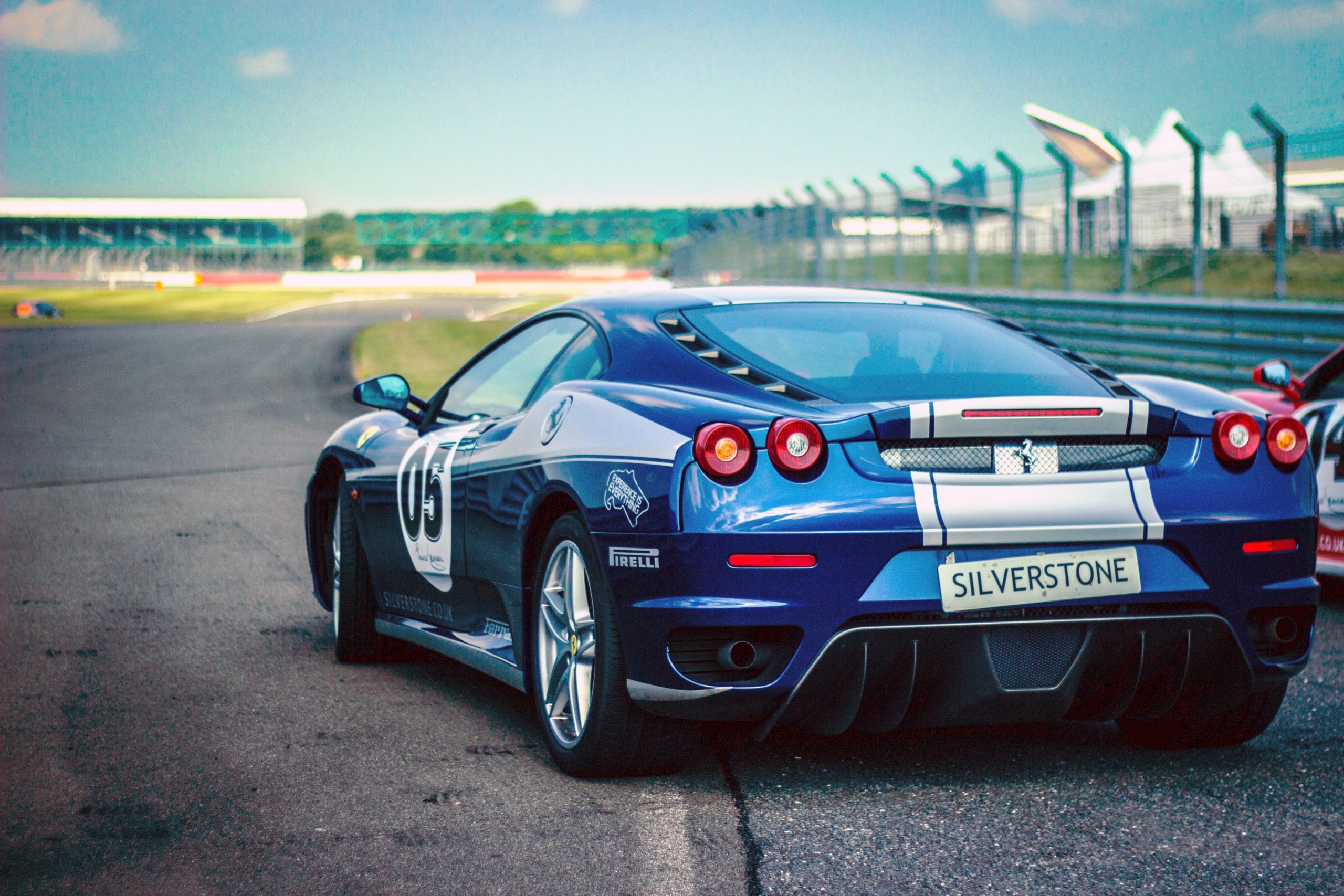The Engineering Integrity Society is exhibiting again with the Instrmentation, Testing and Analysis show after a brief pandemic induced hiatus
The autumn exhibition season gets back into the swing this September after last year’s absences due to the pandemic. In the middle of the month, The Engineering Integrity Society (EIS) will be holding its annual show later in the year than its customary Spring event, which will be taking place at Silverstone once more.
This year, the theme of the Instrumentation, Analysis and Testing show will be “The Journey from IC to EVs: Challenges, Pitfalls and Opportunities.” With a global emphasis being placed on de-carbonising road transport, the UK has its own Government led goals as well as a very well established automotive engineering community that wants to lead the way globally in the charge towards electrification.
This expertise isn’t only in technology innovation, but also in development and testing, an area of automotive engineering that’s under significant focus and will certainly be under the spotlight at the EIS event this year.
Under the wing at Silverstone
As in previous years, the EIS event will take place in the “Silverstone Wing” at the renowned circuit in Northamptonshire. It will take place from 10am to 4pm on 14th September 2021. There is ample free parking at the site and entrance, refreshments and the seminar programme are all free to attendees.
So far this year, 60 exhibitors have registered who cover a wide range of industries including automotive, aerospace, rail and power engineering. Amongst the exhibitors are experts in instrumentation, measurement technology and modelling and simulation.
Companies represented at the event include Dewesoft, Data Physics, HBK, Kistler Instruments, PCB Piezoelectronics, CentraTEQ, Spectral Dynamics and many others.
Mini-Seminars
A popular section of the event is its mini-seminar series, which includes four speakers covering the challenges arising from moving from a transport environment dominated by internal combustion (IC) engines to electric vehicles (EV).
Dyrr Ardash of Williams Advanced Engineering will give the keynote address with “The Road to EV: Spark to Revolution” in which he’ll discuss how the attractiveness of EVs to consumers can be accelerated in terms of range, safety and performance.
Colin Freeman of battery pack specialist company, Potenza Technology will deliver a presentation on how battery management systems need to change to provide protection beyond the battery pack alone and mitigate against potential attacks in an increasingly connected environment.
Structural Power Composites
Sang Nguyen of Imperial College believes that the development of lighter vehicles using composite materials and the reduction of emissions through electrification present a compelling opportunity to combine both benefits by using “structural power composites”. Imperial college has a decade of experience working on the development of such composites in collaboration with Volvo.
The academic institution proposes the use of composite laminate structures using resins that provide the capability of energy storage. In this way, automotive composites of complex shapes can be created to be used as structural components in the vehicle whilst also storing energy.
The composite structures can be plugged in and charged up like a battery so that the car can then use the stored energy in its electrical systems, thus further improving battery range by taking the operation of auxiliary systems away from the primary drive batteries. The technology is still in development but working models have shown it to be effective even in mouldings with complex shapes.
Nguyen will discuss the technology during his mini-seminar presentation.
Railway Decarbonisation
Road vehicles aren’t the only mode of transport facing an all-electric future and Britain’s railways have long been implementing its electrification strategy. Nonetheless, large sections of the network haven’t been electrified and so many railway vehicles are dependent on diesel for traction power with associated carbon and air quality challenges.
As part of his mini-seminar presentation, Rory Dickerson of Network Rail will explain how there are many alternatives to conventional diesel traction on the journey to passenger, freight and maintenance decarbonisation including electric, hybrid, battery and hydrogen fuel cell trains.
The remnants of diesel power still on the UK rail network today are due to the large variety of use cases in the railway industry. This variety means that there is no single ideal approach to decarbonisation but rather a mix of permanent and transitional approaches, according to Dickerson.
Earlier this year, Network Rail signed the International Union of Railways (UIC) climate declaration and committed to its “science based target” initiative, in line with the UN framework.
The organisation is working with rolling stock company, Porterbrook on carbon reduction initiatives and is showcasing the innovative Hydrogen powered HydroFLEX train as part of its future decarbonisation plans.
- UK manufacturing steps up to COVID-19 crisis - April 2, 2020
- Clustering Innovation - March 12, 2020
- A Global Monitor - March 6, 2020

